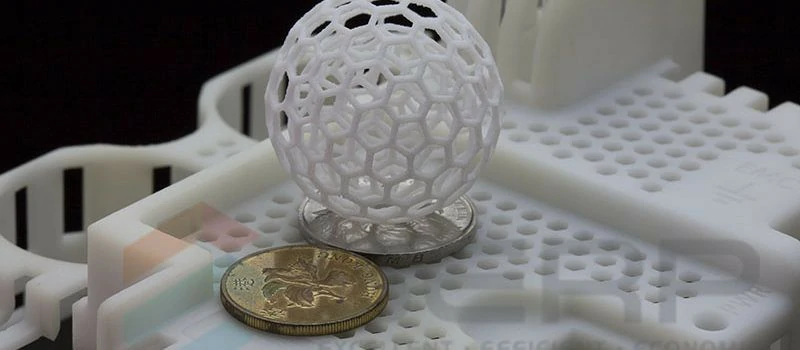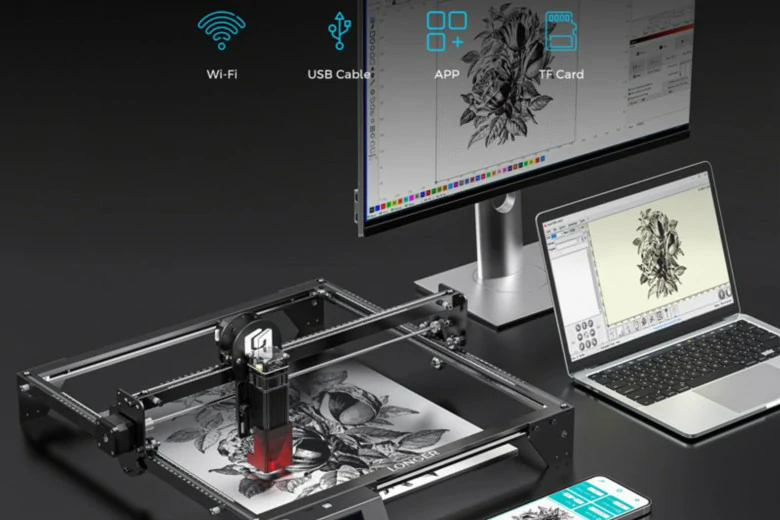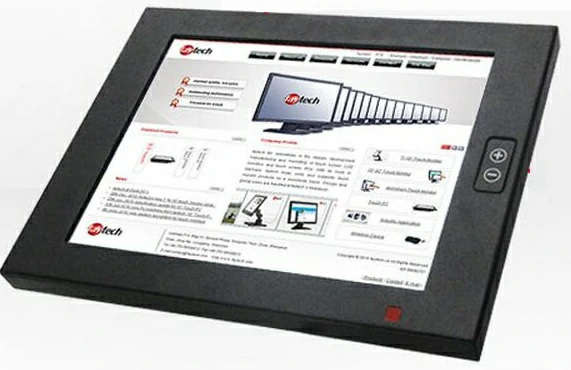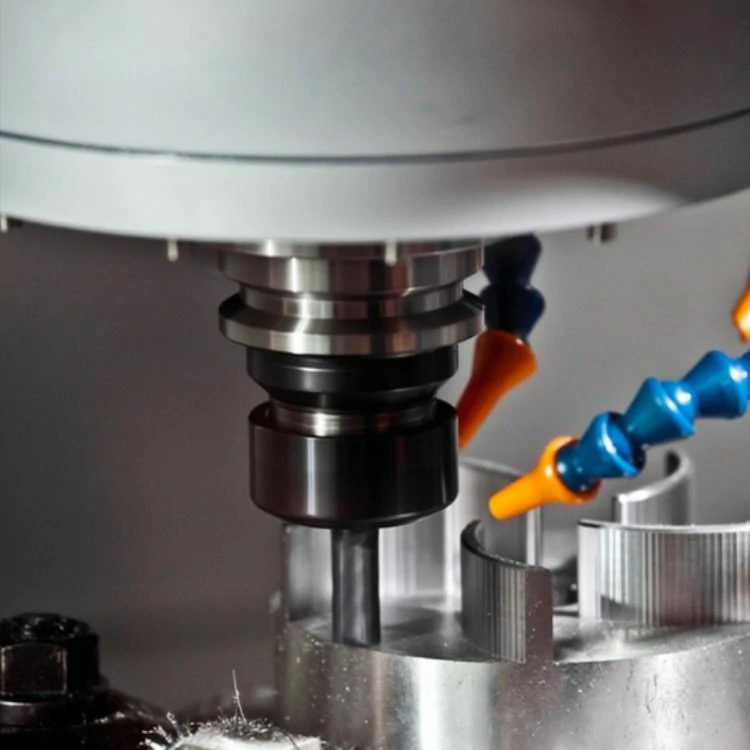CNC Precision Machining: Revolutionizing Manufacturing
Introduction
In today’s ever-evolving world of manufacturing, precision is key to ensuring the production of high-quality parts and components. CNC precision machining has emerged as a game-changer, revolutionizing the industry by combining advanced technology with unmatched accuracy. This article will delve into the world of CNC precision machining, exploring its definition, applications, advantages, and future prospects.
Definition and Working Principle
CNC (Computer Numerical Control) precision machining refers to the process of using computer-controlled machines to shape and fabricate various components with incredible precision and accuracy. It involves the use of computer-aided design (CAD) software to create the design, which is then transmitted to the CNC machine. The machine then follows the instructions precisely, executing complex cutting, milling, drilling, and turning operations to produce the desired part.
Applications
The applications of CNC precision machining are vast and diverse, spanning across numerous industries. One prominent field where CNC precision machining plays a crucial role is aerospace engineering. From turbine blades to complex engine components, CNC machines ensure the precise dimensions and tight tolerances required for these critical applications.
Medical device manufacturing also greatly benefits from CNC precision machining. Implants, prosthetics, surgical instruments, and other medical devices demand exceptional accuracy and surface finish. CNC machines can produce these components efficiently, enhancing patient outcomes and enabling innovative medical advancements.
Advantages
CNC precision machining offers several advantages over traditional manufacturing methods, making it the preferred choice for many industries. One significant advantage is the unmatched accuracy and repeatability it offers. The CNC machines can execute intricate operations repeatedly with minimal variations, ensuring consistent quality and reducing rejects.
Moreover, CNC precision machining enables the production of complex shapes and geometries that would be otherwise impossible or time-consuming with manual processes. This flexibility allows designers and engineers to push the boundaries of innovation, resulting in more efficient and functional products.
Another key advantage is the increased productivity and efficiency achieved through automation. CNC machines can operate continuously, performing multiple tasks simultaneously, and requiring minimal human intervention. This not only reduces labor costs but also accelerates production cycles, allowing businesses to meet demanding deadlines.
Future Prospects
As technology continues to advance, the future of CNC precision machining looks promising. One area of growth lies in the integration of artificial intelligence (AI) and machine learning algorithms into CNC systems. This advancement will enhance the machines’ capabilities, enabling them to optimize cutting parameters, predict tool wear, and adapt to changing conditions automatically.
Furthermore, the adoption of advanced materials, such as composites and alloys, in various industries will drive the demand for CNC precision machining. These materials often require specialized machining techniques due to their unique properties, and CNC machines will play a vital role in meeting these challenges.
Conclusion
CNC precision machining has revolutionized the manufacturing industry, offering unparalleled accuracy, efficiency, and versatility. It has found applications in aerospace, medical, automotive, and numerous other sectors, shaping the way products are designed and fabricated. As technology evolves, the future prospects of CNC precision machining look promising, with AI integration and the rise of advanced materials paving the way for even greater advancements. With its continued growth, CNC precision machining will undoubtedly remain at the forefront of modern manufacturing, driving innovation and enabling the creation of exceptional products.




